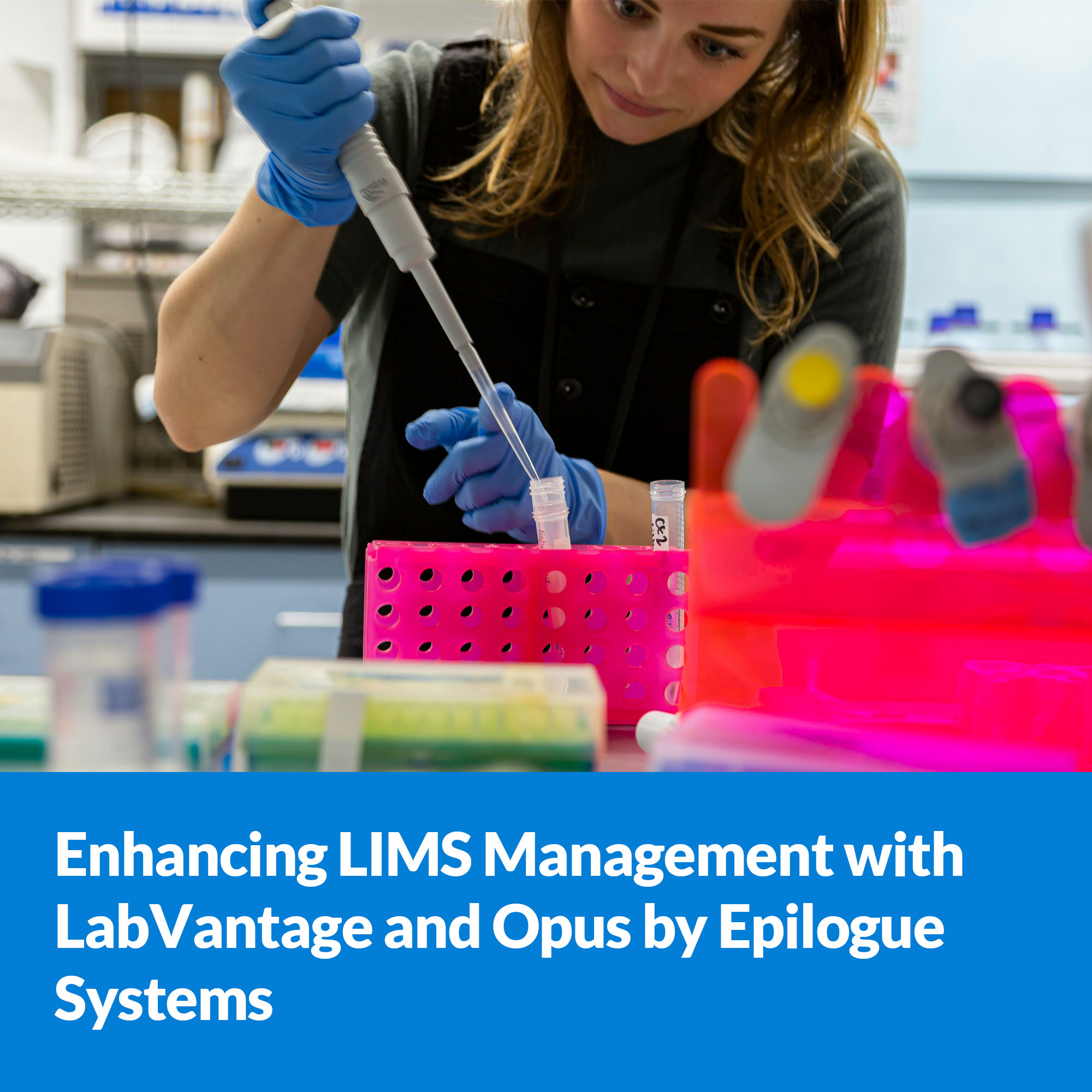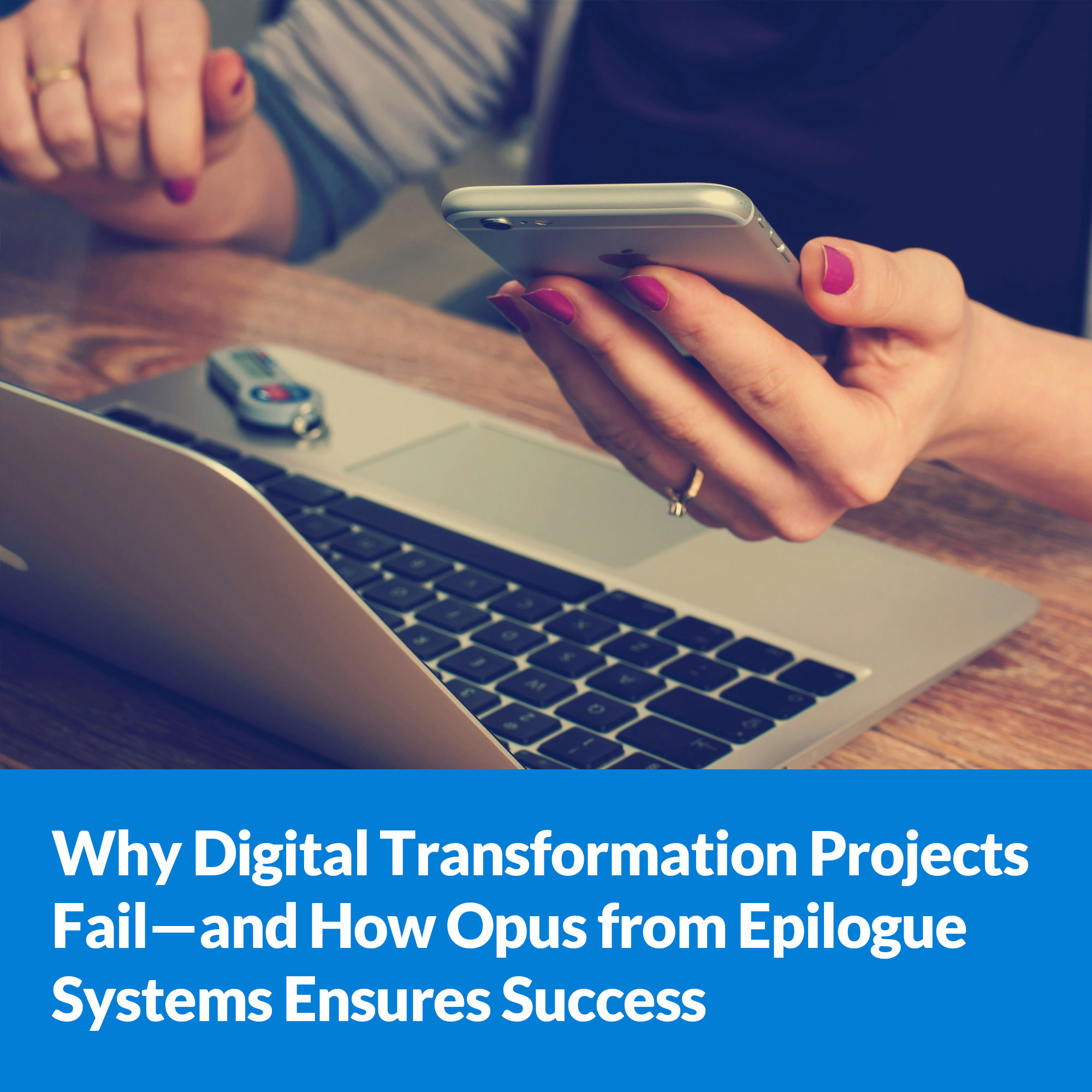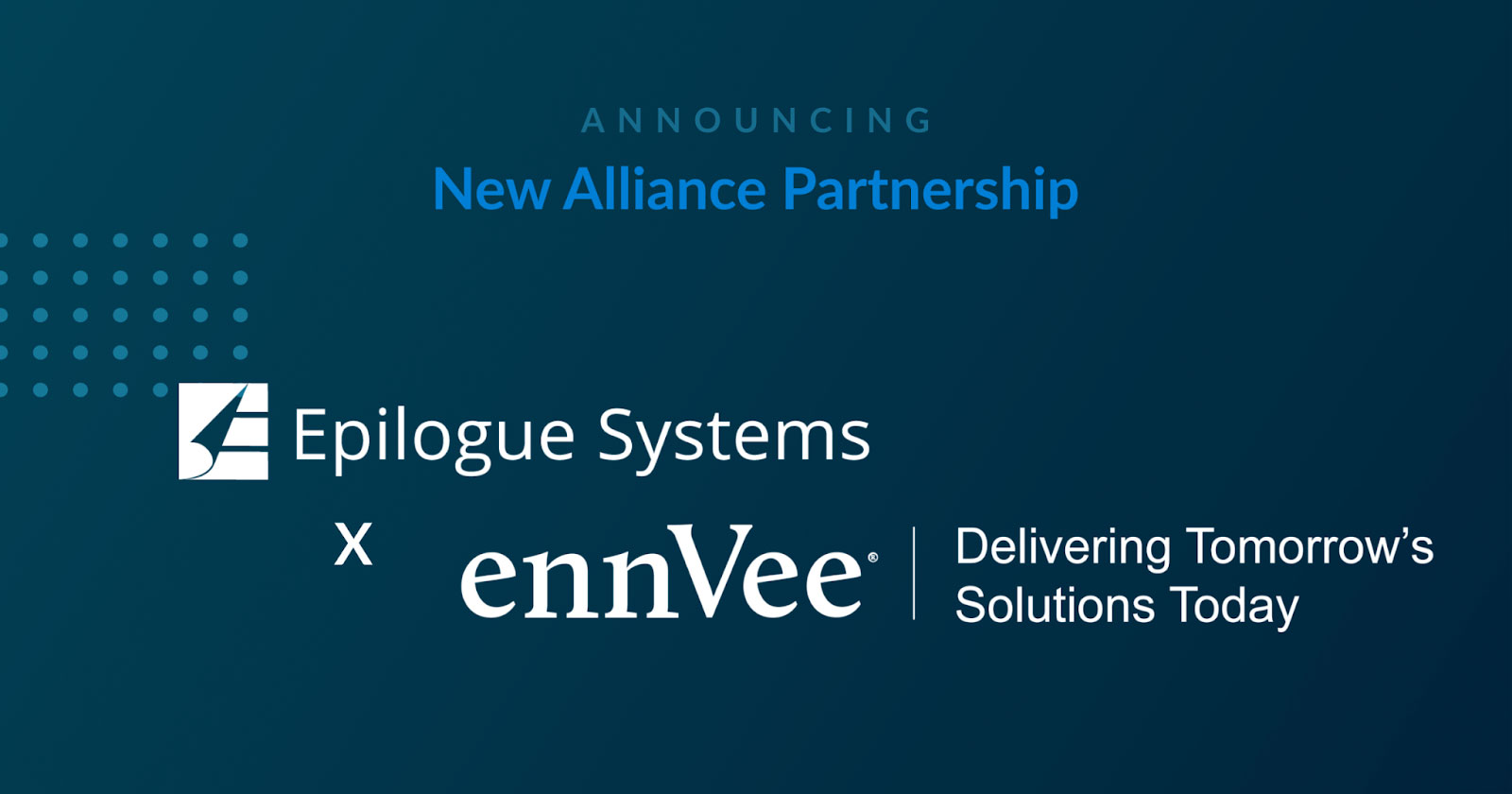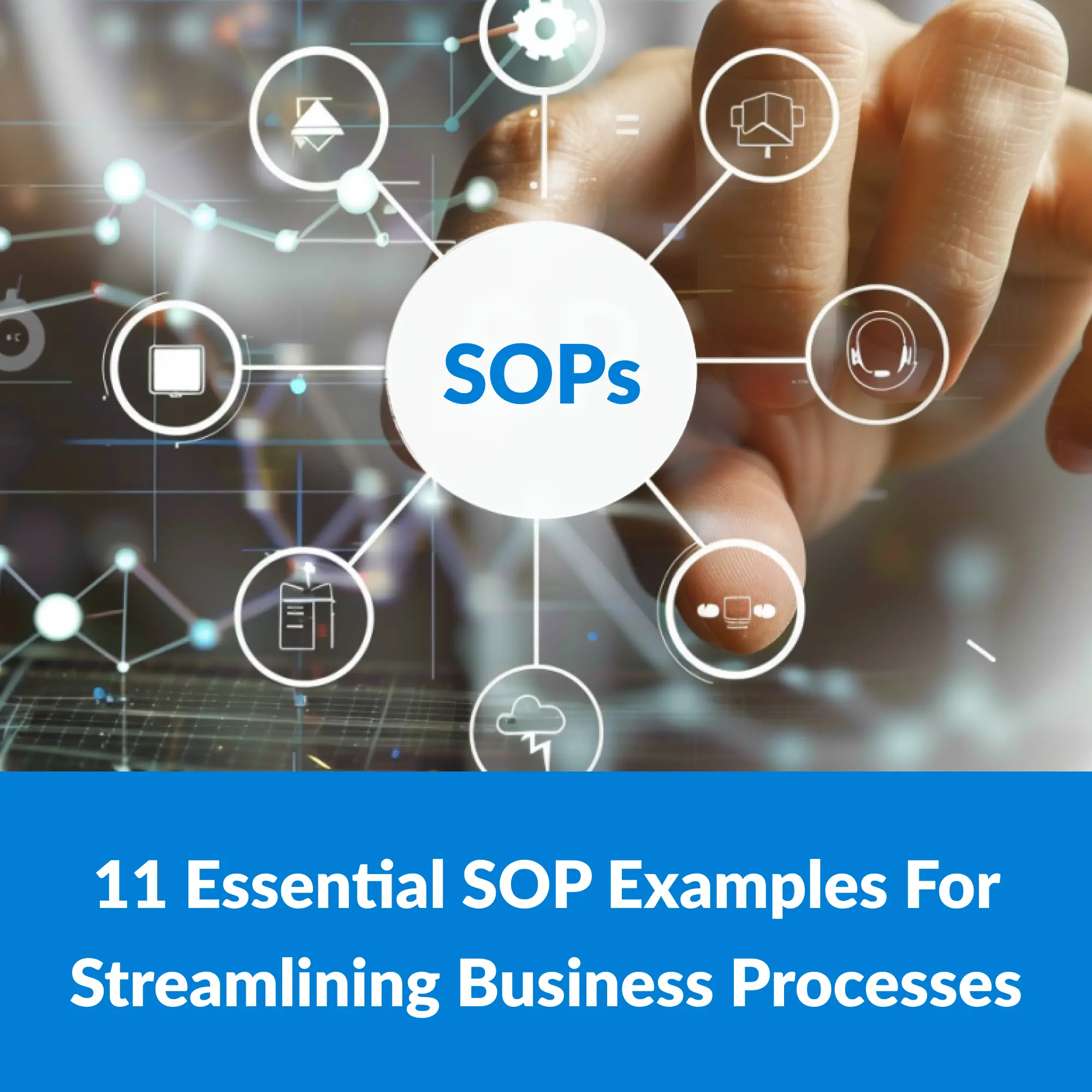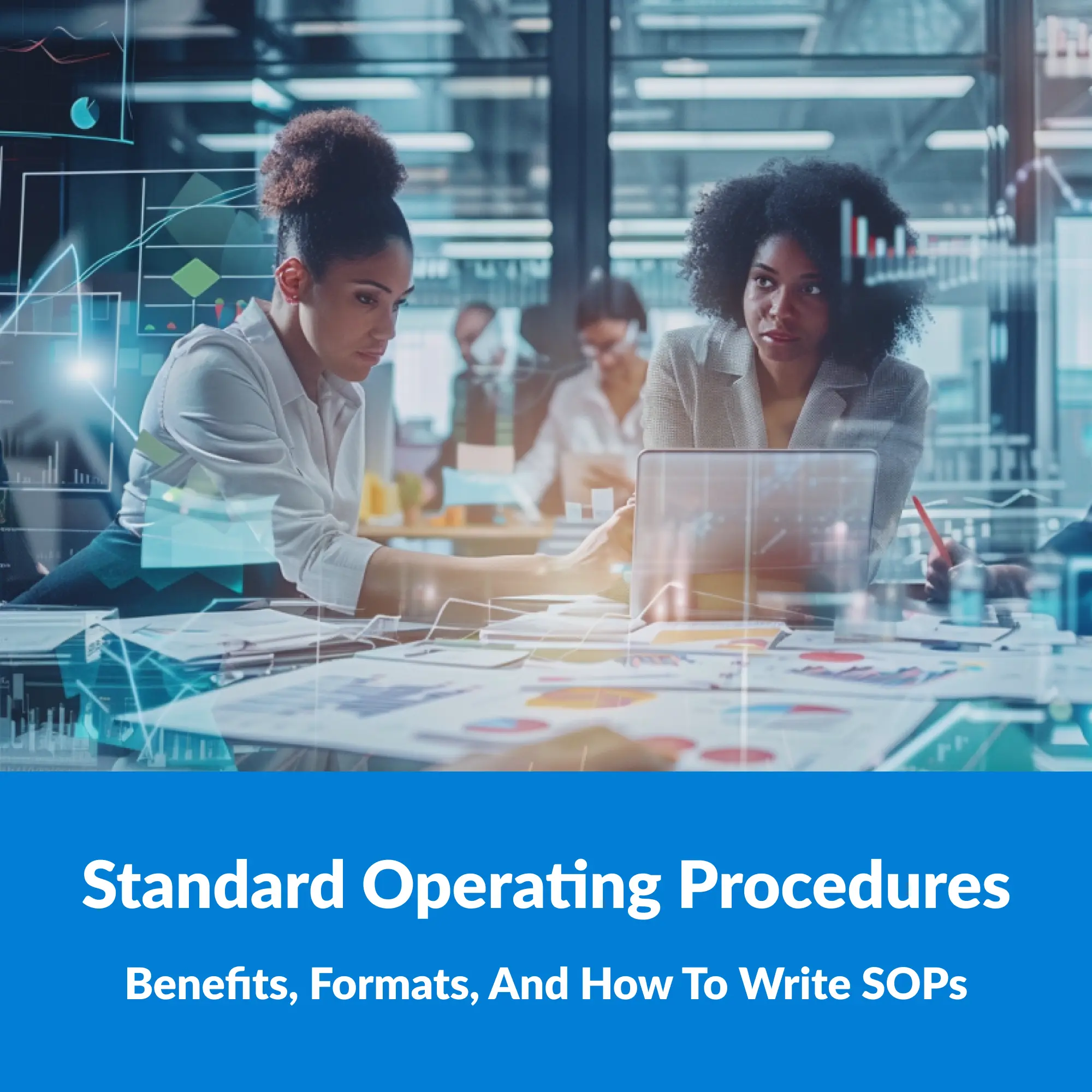Oracle is sunsetting support for UPK on December 31, 2022 and for the last two years, UPK customers have been replacing UPK in anticipation of this event. Many UPK customers haven’t prioritized its replacement or determined the best replacement product and now, time is running out.
Have you prepared yourself with a suitable Oracle UPK replacement for your company? Do you know the migration path to a next generation digital adoption platform? Continue reading.
What is Oracle UPK?
Oracle User Productivity Kit (UPK) is an older technology digital adoption tool designed to document software applications to address the adoption challenges associated with software implementations and post-go-live support.

Oracle UPK has been a powerful tool for creating help and guidance for software applications, thousands of companies and millions of users.
The content UPK creates comes in multiple formats ranging from job aids and books to a variety of simulation types. The UPK file format, known as an ODARC file, is structurally complex and created some of the best user help content over the last 20 years.
Oracle UPK comes to an end.
In 2018, Oracle announced its Premier support will end in December 2022. The last major update of Oracle UPK (12.1) was made in 2014, while its final service pack was in 2019.
What this means is that UPK has not made any meaningful enhancement since 2014 while the world of digital adoption platforms has changed rapidly. As an older technology that is on-premises and desktop based, Oracle decided in 2018 to no longer enhance UPK and to end support in 2022.
If you still use Oracle UPK to support your users and document your applications, the sunsetting of UPK support has ramifications which include compliance with your company’s requirements of the software you use, security risk, poor capture of newer cloud applications and no support after December 31, 2022.
So, if you still use UPK and wish to continue providing your users with in-application help and guidance, please read on to understand your risks, your options and the viability of our digital adoption platform, Opus, as the best alternative.
Risks
- Non-compliance with IT policy – most IT departments will not allow unsupported applications.
- Security – applications which no longer issue technical updates to their software increase the risk of a security breach.
- Lack of support – continued use of UPK, despite the first two risks, means that any bugs that emerge or issues involving the usability of UPK will not be resolved.
- Incompatible with newer cloud applications – UPK required frequent updates to ensure its recording engine generated accurate and useful content to support users. As newer applications have emerged and older applications have migrated to the cloud, UPK’s fidelity has diminished.
Options
- Continue to use UPK despite the above risks and non-compliance – this is a high risk option and is not advisable without your IT department’s approval.
- Remove UPK and replace with nothing – this may be the easiest option but it puts your users, particularly new users and those with changing roles, at risk of committing errors, making omissions and having to do rework.
- Replace UPK with a modern digital adoption platform – this would require re-creating the content needed and very few digital adoption platforms exist that are capable of creating help and guidance in the volume UPK did so replacing that content is likely not feasible with most tools.
- Salvage your UPK content and continue to deliver that content in-applicaton to your users – there are a few digital adoption platforms that have conversion tools.
UPK content conversion – the fastest, easiest and most complete way to salvage your investment in Oracle UPK
If your Oracle UPK content is valuable and you desire to keep that content and not recreate it, picking a digital adoption platform that can convert those files is important. However, converting UPK content is very difficult because UPK’s file structure, their proprietary ODARC files, is extremely complex. We’re not aware of any UPK converter that converts content thoroughly and into fully editable converted files and accomplishes this conversion in bulk as opposed to one by one which can talk weeks or months, depending on the volume of UPK files.
Converting UPK content into Opus is fast and easy. First, you select the UPK ODARC files you wish to convert and drag and drop them, in bulk, into the Opus UPK Converter and in minutes, possible a few hours (if you are converting thousands), your UPK content will be converted into native Opus files and ready to edit or update and publish for in-application support of your users. We’re not aware of any other UPK converter that can do this. We can do this because our team developed and supported UPK at Oracle.
Watch this short 1 minute video to see how fast and easy it is to convert UPK content.
Oracle UPK to Epilogue Opus Conversion Journey
The conversion journey from UPK to Opus involves 3 stages: planning, preparation, conversion, and deployment. This can be done with the same individuals who have administered UPK and if that team no longer exists, then it will typically fall to your Learning & Development team, often working with business subject matter experts in the applications that UPK supports.
Assemble the UPK content you want to convert
Determine what UPK content is relevant, what may need updating (which can be done after conversion) and which is no longer needed. This involves identifying the current state of UPK, including input from business stakeholders. Then you inventory the content and the UPK source file location (the ODARC files).
Convert the Oracle UPK content to Epilogue Opus
The Opus Admin(s) is responsible for converting the UPK content. If the content is viewed as potentially out of date, then the Admin(s) also assign review and update tasks to Subject Matter Experts who can quickly determine what needs updating and what doesn’t. The Opus Admin(s) develop an Opus launch plan and assemble a group of beta users. After receiving the conversion tasks from the Admin(s), SME’s execute the conversion, preview the converted content and make the necessary edits, if required.
Publish and Deploy
To prepare for the organizational deployment of converted content with Opus, Admin(s) will develop a communication plan for preparing users of the applications on which UPK was used, that a new way of accessing help and guidance is on the way. SME’s finalize content and Admin(s) publish the converted content. After publishing, users access the help and guidance in-application as they perform their work.
Oracle UPK and Epilogue Opus Comparison
Let’s compare these two digital adoption platforms and see why Epilogue Opus is a strong replacement for Oracle UPK.
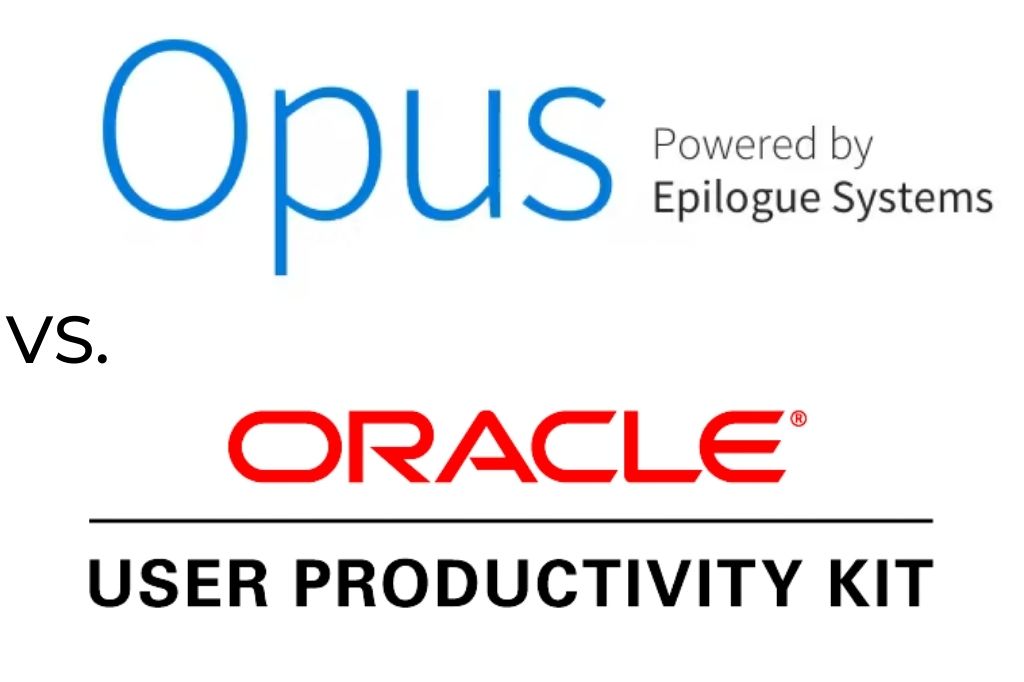
Environment
Oracle UPK is an on-premise software with key components residing on the desktop, making deployment and maintenance costly and difficult. Opus is cloud with no need for any on-premise server or client installation, with provisioning taking less than an hour.
Ease of use
Oracle UPK was built for instructional designers and learning & development experts, requiring significant training and on-going use to maintain proficiency. As a result, the pool of people using UPK to create content was small which then limited how broadly it could be used. Opus was designed for ease and speed of use such that SME’s in the applications needing digital adoption support can use Opus to document their areas of domain expertise with no training needed on Opus.
Workflow Management
Oracle UPK did not have a workflow engine capable of handling projects, tasks, team members and content at high volume. Opus has a workflow engine for managing these elements
Interoperable
The interoperable ability of Oracle UPK is limited to SCORM. Opus is SCORM and xAPI/TinCan compliant.
Existing content
Only Opus enables bulk conversion of UPK ODARC files, turning them into fully editable Opus files providing all the output types generated by UPK in the same single source/multiple output paradigm, making editing and updating outputs easy and fast.
In conclusion
Time is running out to choose an Oracle UPK replacement before UPK support ends and you are out of compliance. Deciding on a new platform should be driven by two simple questions:
- Will the replacement be able to salvage my investment in UPK with nominal effort?
- Will the replacement be able to meet my digital adoption needs for the future?

